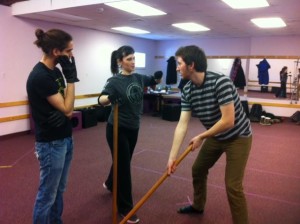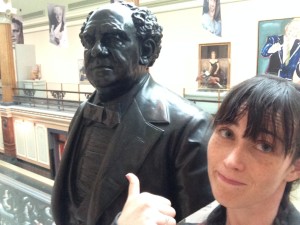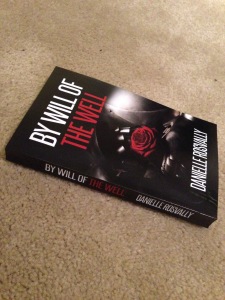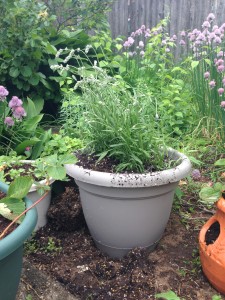Over the years, I’ve espoused the importance of lists over and over again as a vital resource for the busy grad student. Today, once more, I find the need to cry out the wonderful benefits of list-writing. So, if you’ll indulge me as I get meta for a brief moment, here’s a list of reasons why lists are important:
- They keep you organized. Pretty self-explanatory. The key here is understanding you own work habits and figuring out how to support them; “organized” means different things to different people. We all have our own individual ways of working and lists are going to function differently for each of us. Love your list, understand your list, allow your list to understand you.
- They keep you from forgetting things. If you write it on the list, it’s there for you to see when you’re panicking about it later. Boom. Like magic.
- They help you relax at the end of the day. Often if I’m in a real panic after work hours, sitting down and writing a list of the “need to do” things for the next day will alleviate this because it helps me see how much I actually need to do and keeps me from getting anxious that I’ll forget any of it. Lists also help me consolidate tasks for the day and see where I am in my work progression and what I need to do next to get where I want to be. If I follow my list, I can’t go wrong.
- They keep you on track. Before I leave my desk at the end of a very busy day, I write a brief list for myself of what I need to do the next day. This allows me to free my mind for the evening, devote attention to other things, then dive in in the morning right where I left off without thirty minutes of figuring out where exactly that was. At-a-glance information is always better than “I put it somewhere” information; it’s all about trimming minutes off the edges of your many tasks so that you can fit as much as possible into one day’s work.
- They give you a concrete look at what you’ve accomplished in a day. When you’re working on a giant, seemingly endless project that moves like the desert sands (like… say… a dissertation…), you need this. Without a hard look at the physical facts of what I’ve done with my daytime hours, all too often I feel like I’m spinning in a giant hamster wheel: running hard but never really getting anywhere. Incidentally, treadmill running also feels this way… but at least that gives me a good endorphin kick as a reward for my troubles. If I keep a hard copy list of tasks that I need to do in a day (or period of time), then I can see how much I’ve crossed off the list. I also get to give myself an awesome feeling of accomplishment when I tear up/cross out/scribble over/destroy by fire this page of notes. Boo-yah!
There it is; lists. Trust me on this. You’ll live a better life once you’ve taken their power for your own purposes.






